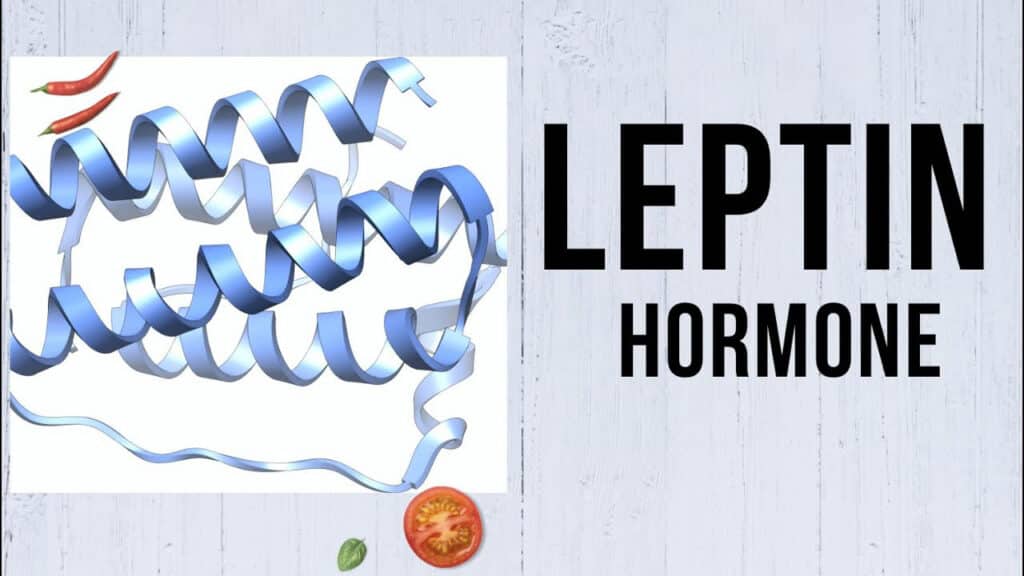Are you hungry right now? Have you eaten enough? If the answer to both of these questions is yes, it sounds like something’s wrong. After all, if you’ve eaten enough, you shouldn’t be hungry, right? The answer to this may lie in the hormone leptin, which has a direct influence on whether you feel full, and on your current weight.
We’ve only known leptin exists since 1994, but it’s proven pretty important. It’s found in your body fat (properly called adipose tissue), the stuff that you find under your skin that cushions your muscles and bones. The higher your levels of adipose tissue are, the more leptin you’ll produce.
Leptin may be found in your body fat but it acts on your brain, telling it whether or not to be hungry. The idea is that you’ll only want to eat when your body needs energy from food. If you currently have enough calories, there shouldn’t be any hunger. This should help stop overeating.
The problem is that if you start losing body fat, your leptin levels drop, too. Your body starts to panic. It thinks that it’s starving and at urgent risk of running out of energy. This is why losing weight too quickly can make you disproportionately hungry and push you into eating too much.
On the other hand, if you’re obese and have too much body fat, that causes other problems. Specifically, it causes hyperleptinemia, or an excess of leptin. This may be associated with depression, neurodegenerative conditions, and the form of fatty liver disease not related to alcohol consumption. It may even encourage food addiction. The most common side effect is leptin resistance.
You can probably guess what leptin resistance means. Your body doesn’t react to leptin as it should. It becomes so used to having excessive levels of the hormone that it doesn’t recognize a leptin increase means you’re satiated and should stop eating. You have enough fat and calories, but you think you still need more. Your brain enters starvation mode, trying to preserve calories (so you won’t lose weight). You may end up overeating again.
Most blood tests don’t check leptin. Doctors won’t investigate unless you’re already obese or suffering extreme hunger. Scientists are still researching whether leptin resistance can be treated, but it’s useful to know what leptin is doing and that its activity isn’t all your fault.




